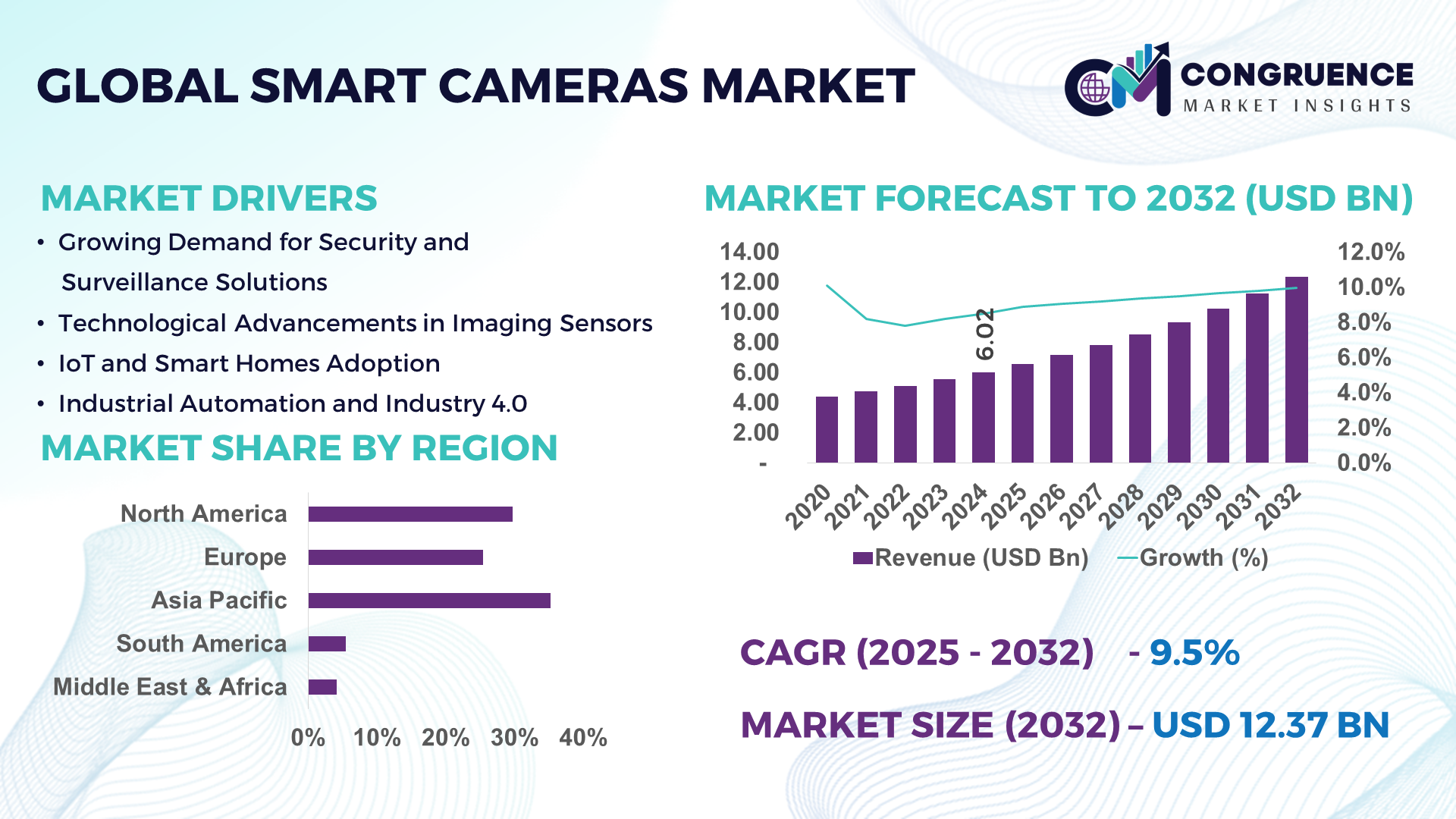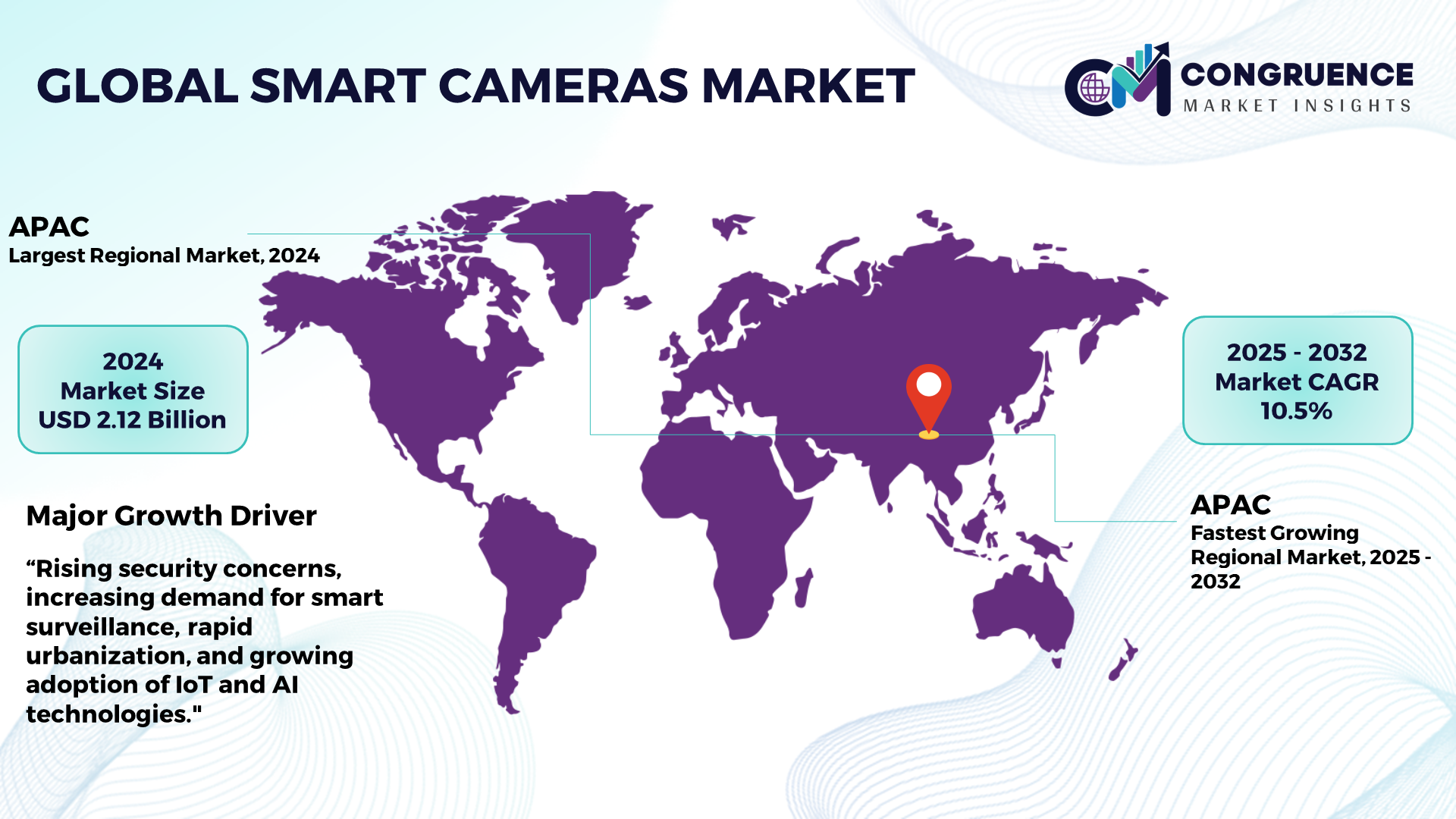Reports
Vegan Chocolate Market Size and Forecast 2023 to 2030
The Global Vegan Chocolate Market was valued at USD 980.2 Million in 2022 and is anticipated to reach a value of USD 2,463.1 Million by 2030 expanding at a CAGR of 12.3% between 2023 and 2030.

To learn more about this report, request a free sample copy
Vegan chocolate is a type of chocolate that is made without the use of animal derived ingredients. Vegan chocolates are made from plant-based ingredients instead of using dairy, eggs, and gelatin, which contains less fat, fewer calories, and no cholesterol. These chocolates are made from the same cacao beans, but specifically formulated to be free from animal-derived ingredients. These chocolates are well suitable for individuals who follow vegan lifestyle. Vegan chocolates are made with plant-based ingredients such as soy milk, or maple syrup. The vegan chocolates can be classified into dark chocolate, milk chocolate, and white chocolate. The dark chocolate is more popular owing to the properties of rich antioxidants and other health benefits. Almost all dark chocolates are naturally vegan with varying flavor profiles. These chocolates can be in various forms including molded bars, chips and bites, boxed and others. There is a growing global awareness about the environmental impact of animal agriculture, therefore consumers are seeking for more sustainable products. The vegan chocolate market is influenced by the factors such as growing popularity of veganism, rising health and wellness awareness, innovation in product development, and environmental awareness.
How AI is Transforming Vegan Chocolate Market?
AI is transforming the vegan chocolate markets by integrating prompts that can help develop new products more efficiently, adding more vegan value to chocolate products, and improving the vegan chocolate distribution channels. Analyzing the above parameters, machine learning algorithms help the manufacturer to respond quickly to the constantly changing consumer preferences and produce different vegan chocolate products.
It also optimizes ingredient procurement making sure that good ingredients, which are also sustainable, are used. Also, AI tools assist in optimizing the manufacturing process, minimize wastage as well as energy consumption, factors that cut across the sustainability agenda of many vegan brands.
Moreover, AI lifts up marketing methods by distinguishing individual groups of consumers to enable the execution of consumer-oriented marketing campaigns. Therefore, the supply chain for vegan chocolates improves its responsiveness and efficiency, and hence customers are satisfied, and the market evolves as well.
Vegan Chocolate Market Major Driving Forces
· Growing Popularity of Veganism: Increasing number of people are adopting vegan or plant-based lifestyle due to ethical concerns, and environmental sustainability which significantly contribute to the market growth. The growing popularity of veganism among consumers across the world is a major factor driving the growth of the market.
· Rising Health and Wellness Awareness: Consumers are increasingly becoming more health-conscious and seeking for plant-based and vegan alternatives. Vegan chocolates are free from dairy and lactose which is a healthier option as it has low sugar content.
· Innovation in Product Development: The availability and variety of vegan chocolates have significantly expanded in recent years. Advancements in ingredient sourcing, manufacturing techniques and incorporation of essential nutrients have significantly improved the quality and taste of vegan chocolates.
· Environmental Awareness: Growing consumers awareness of health and environmental concerns about animal agriculture is influencing their purchasing decisions, which leading consumers to adopt vegan chocolates as an ethical and sustainable alternative.
Vegan Chocolate Market Key Opportunities
· Eco-Friendly and Sustainable Options: The increasing demand for eco-friendly products presents an opportunity for the vegan chocolate market to develop and promote sustainable options. Manufacturers can capitalize on this trend by implementing eco-friendly packaging solutions with responsible sourcing and production.
· Online Retail and E-commerce Growth: The continued growth of online retail and e-commerce platforms provides an opportunity for vegan chocolate manufacturers to expand their reach and tap into a broader customer base. Online sales channels allow for easier product accessibility and global market penetration.
· Growing Popularity of Hand-crafted Chocolates: The growing popularity of veganism and the demand for high-quality plant-based food options is anticipated to create an excellent opportunity for hand-crafted plant-based chocolates. Due to the rising disposable income among middle-class consumers is expected to accelerate the sales of these chocolates.
Vegan Chocolate Market Key Trends
· Growing adoption of veganism particularly in younger generation, which act as a consumer base driving the market
· With increasing affinity for plant-based diet, most consumers around the globe are prefer to switch to a healthy lifestyle
· The growing popularity of hand-crafted chocolates due to rising demand for high-quality plant-based food options is significant trend in the global market
· The increasing disposable income makes younger generation to buy vegan chocolates even these chocolates are expensive
· Sustainable packaging and shipping solutions to reduce the environmental impact of vegan chocolate distribution
· Rising demand for plant-based products owing to increasing awareness of environmental and health concerns, and ethical consideration
· Innovation in product development such as advancement in ingredient sourcing, recipe, and manufacturing techniques have significantly improved the taste and quality of chocolates
Region-wise Market Insights
Europe accounted for the largest market share at 37.2% in 2022 whereas, Asia Pacific is expected to register the fastest growth, expanding at a CAGR of 14.4% between 2023 and 2030.

To learn more about this report, request a free sample copy
In Europe, the vegan chocolate market has been witnessed a significant expansion in the recent years. In Europe, the demand is attributed to the factors such as high disposable income, innovative technologies, expanding veganism trend, and increasing demand for plant-based products in the region. Additionally, Europe has a long tradition of chocolate-making and consumption. Germany is one of the leading country in Europe for vegan chocolates.
· In August 2023, Plant-based brand LOVO announced the launch of a line of vegan and gluten-free milk chocolate bars, which are formulated with a variety of plant-based milks. The line features four milk chocolate bar varieties, each made with a different plant-based milk, including almond milk, coconut milk, hazelnut milk and oat milk.
In North America, the demand is driven by the growing awareness about the health benefits of plant-based diets, surge in product innovation and variety, and rising vegan trend within the region. The North American consumers are becoming more health-conscious, particularly the millennial population. In Asia-Pacific, the market is characterized by burgeoning middle class, rising disposable incomes, increasing population, and increasing vegan population which has created an increasing demand for vegan chocolates. The Middle East and Africa is also undergoing significant growth owing to increase in the number of expats in the region.
Recent Market Developments
· In January 2024, Mars-owned chocolate brand ‘Galaxy’ launched a vegan version of its much-loved Fruit and Nut chocolate bar in the UK. The product consists of dairy-free milk chocolate made with hazelnut paste, combined with raisins and roasted hazelnuts.
· In December 2023, Lindt partnered with German cocoa-free brand ChoViva to launch a limited-edition vegan chocolate bar for Veganuary. There are only 1,000 of the Soft & Creamy Hazelnut bars, which feature Lindt’s Hello Vegan chocolate with a hazelnut and oat crème filling from ChoViva.
· In January 2023, Major chocolate brands such as NOMO, Lindt, and Mars launched new vegan products for Veganuary 2023, including NOMO's Caramelised Biscuit Chocolate Bar and Lindt's Vegan Caramel Sea Salt bars, to cater to the growing vegan market and support those participating in the month-long challenge.
· In October 2021, Cadbury has announced the launch of its first vegan chocolate bar, with two different flavours to choose from. The new plant-based offering takes inspiration from Cadbury’s Dairy Milk, which is one of the most popular chocolate bars in the UK.
Market Competition Landscape
The global vegan chocolate market is consolidated with the large number of manufacturers. Most of the major player are spending significantly on research and development activities to expand their product portfolios, and create innovative vegan chocolate flavors. Key players in the vegan chocolate market engage in strategies aimed at gaining a competitive edge. These strategies include product innovation, design differentiation, and the incorporation of sustainable and eco-friendly materials to meet evolving consumer preferences. Established brands leverage their reputation for quality and reliability to maintain market share, while newer entrants focus on disruptive innovations and unique selling propositions.
E-commerce and online retailing has intensified market competition offering a platform for both established and emerging brands to reach a wider customer base. Market competition is also fueled by the diverse needs of consumers across regions, including variations in materials, sizes, and designs. A few players invest in innovation to improve taste and quality of vegan chocolates by advancing manufacturing techniques.
Key players in the global vegan chocolate market implement various organic and inorganic strategies to strengthen and improve their market positioning. Prominent players in the market include:
· Barry Callebaut AG
· Tofutti Brands, Inc.
· Mondelēz International
· Nestlé S.A.
· Mars, Incorporated
· The Hershey Company
· Lindt & Sprüngli
· Ritter Sport
· Goodio
· Montezuma's Direct Ltd.
· Ludwig Weinrich GmbH & Co. KG
· Plamil Foods Ltd.
· Divine Chocolate
· Alter Eco
· Equal Exchange COOP
|
Report Attribute/Metric |
Details |
|
Market Revenue in 2022 |
USD 980.2 Million |
|
Market Revenue in 2030 |
USD 2,463.1 Million |
|
CAGR (2023 – 2030) |
12.3% |
|
Base Year |
2022 |
|
Forecast Period |
2023 – 2030 |
|
Historical Data |
2018 to 2022 |
|
Forecast Unit |
Value (US$ Mn) |
|
Key Report Deliverable |
Revenue Forecast, Growth Trends, Market Dynamics, Segmental Overview, Regional and Country-wise Analysis, Competition Landscape |
|
Segments Covered |
· By Type (Dark Chocolate, Milk Chocolate, and White Chocolate) · By Nature (Organic, and Conventional) · By Product Type (Molded Bars, Chips & Bites, Boxed, and Others) · By End-user (Household, Restaurants & Hotels, Bakeries, and Others) · By Sales Channel (Hypermarkets/ Supermarkets, Convenience Stores, Specialty Stores, Online Stores, and Others) |
|
Geographies Covered |
North America: U.S., Canada and Mexico Europe: Germany, France, U.K., Italy, Spain, and Rest of Europe Asia Pacific: China, India, Japan, South Korea, Southeast Asia, and Rest of Asia Pacific South America: Brazil, Argentina, and Rest of Latin America Middle East & Africa: GCC Countries, South Africa, and Rest of Middle East & Africa |
|
Key Players Analyzed |
Barry Callebaut AG, Tofutti Brands, Inc., Mondelēz International, Nestlé S.A., Mars, Incorporated, The Hershey Company, Lindt & Sprüngli, Ritter Sport, Goodio, Montezuma's Direct Ltd., Ludwig Weinrich GmbH & Co. KG, Plamil Foods Ltd., Alter Eco., and Equal Exchange COOP |
|
Customization & Pricing |
Available on Request (10% Customization is Free) |
